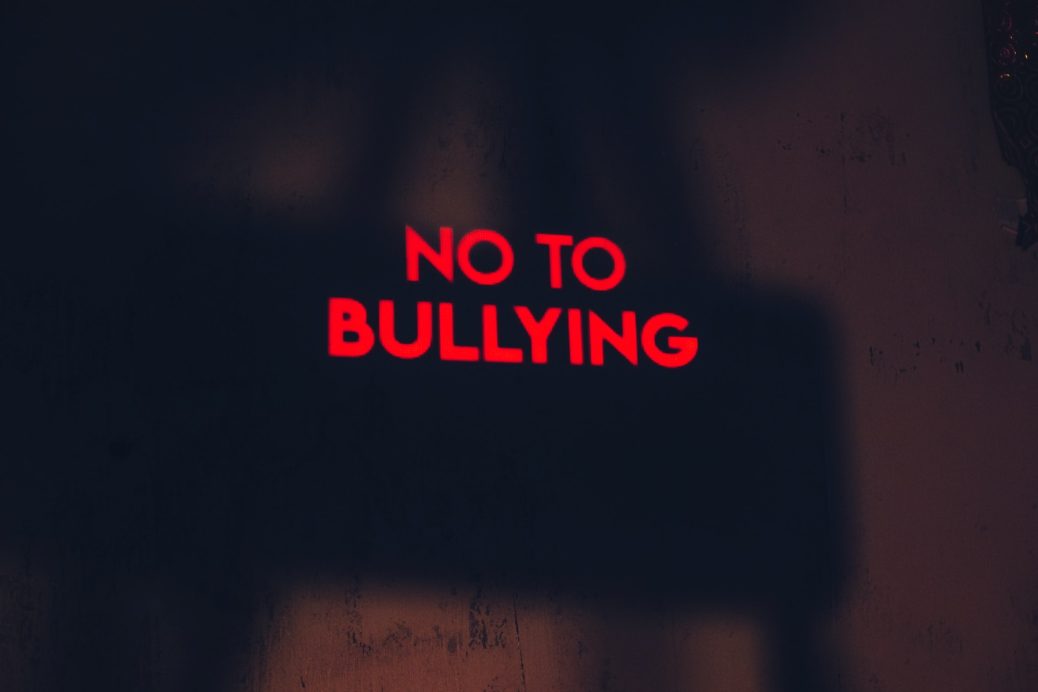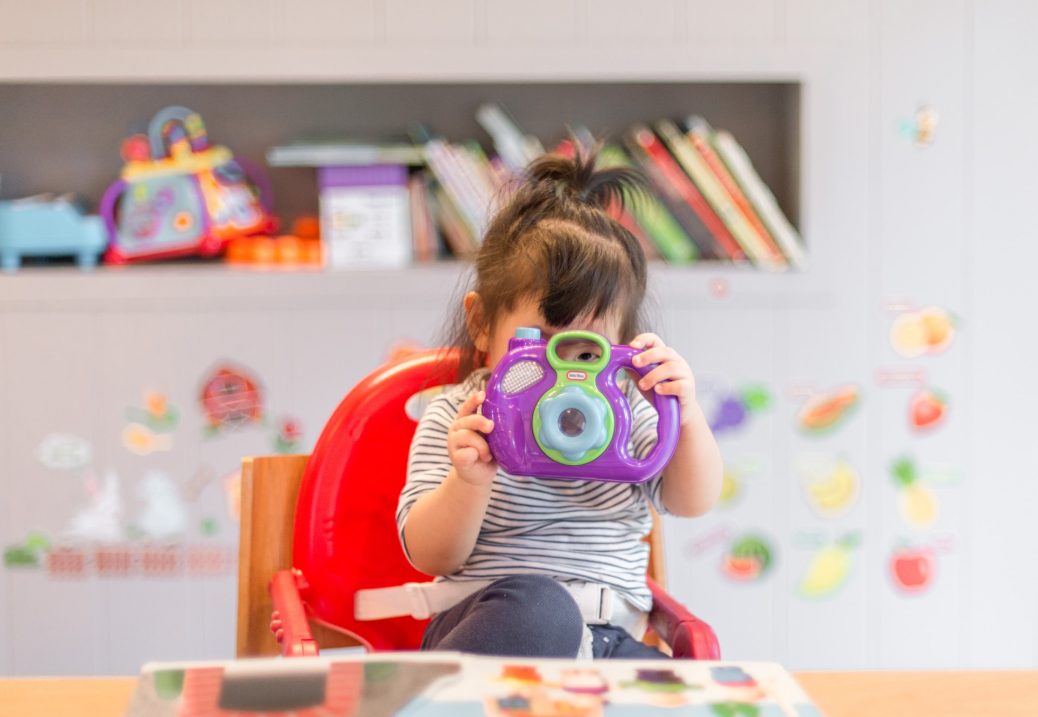There are many questions that why Time-out is not working. Parents do some common time-out mistakes, such as a condition of anger, yelling, a terrible tone of voice, a long duration of time-out, and punishing and harming toddlers, but the question is how to correct those mistakes so that time-out works perfectly for both parents and children. Here are some tips on how to correct those time-out mistakes.
For the last some years, using time-out techniques has become very much popular, so Modification and Better Behaviour Techniques can be used. Many parents use this method perfectly but some parents do some critical and common time-out mistakes. As 85% of the parents use time-out incorrectly, they hurt children using yelling or punishment.
Related article; Punishing Your Children can be Helpful?
Tips on How To Correct Common Time-Out Mistakes
Here are some tips that how parents can correct common time-out mistakes.
Watch Time-Out is Just a Threat
You threaten your child with a time-out but take it lightly. Threatening him to face time-out and then not doing it will reduce your performance over time.
If your child does something that requires results, give time-out immediately and be consistent. This applies to all child discipline strategies, not just time-outs.
Talk To Your Child After Time-Out
It’s not a time to scold your children or to talk about what they did wrong, explain too much about why they are in time-out or how to deal with it.
This should be an opportunity for your children and parents both to calm and rest your children from the conflict or problem that is leading to bad behaviour, divert their energy and think about what they should and shouldn’t do. This is not the time for parents to talk, shout, or express disappointment with their children. Discuss what mistakes your child has made and what they could do better when the next time-out is finished.
Your Child Gets Upset During Time-Out
If your child screams and is upset while time-out, they will likely feel insecure. Explain to him that you’re just giving him time to be in a quiet place to calm down, and think about your mistakes.
Encourage your child that you love them and talk to them after the time-out. With small children, you may sit close to him, while he stays at time-out.
Time-Out is Too Long
One of the common mistakes that parents do is they give long time-out to children. A 15-minute time-out is too long for a 5-year-old.
Set 1 minute for each year for younger children. Time duration matters a lot for the effectiveness of time-out.
Time-Out is FunTime
If you’re sending your children to their room where they can happily play with their toys. Or you put them in front of a TV or give them a tablet or computer to play, this is not the time-out. It requires a quiet place without gadgets.
If You Get Angry or Shout
If parents get emotional while taking their children to time-out, they are sending the wrong message to their children which means they are rejecting them instead of working on their behaviours through time-out. To avoid a conflict with tears and confusion, it’s important to explain to children that you love them while setting boundaries about what should they do next.
Be calm and loving when you tell them that the time-out is a result of their behaviours and that it’s time to think calmly about making a better decision next time.
You Give up After Trying a Few Times
If time-out doesn’t work, your child is upset, you don’t see any improvement in behaviour, etc, give them time. Your child may just have to adjust to the time-out idea and learn to calm down in a quiet room.
Be consistent and calm. Take a time-out for at least a few weeks before throwing away things. And as your child grows older, you may want to take a longer time-out. They can learn to catch their breath and calm themselves when they’re excited, skills that are critical in school-age development.
Excessive Time-Out
If your child faces time-out every day, you may want to review what is causing the bad behaviour. You may also find ways to stop the behaviour before it starts.
You should consider other ways to discipline and also know what drives your child’s behaviour. This can help to meet your child’s needs and ultimately reduce the problem.
Parents Don’t Talk About The Behavior
When the time-out is over, Parents don’t discuss anything with their children. One of the most important features of time-out is talking to your child about what happened, why happened, Why they should have consequences, and what you could do differently next time.
By talking your children after they have cooled down, you should talk to your children nicely, guide them and suggest different ways of good actions in the future.


